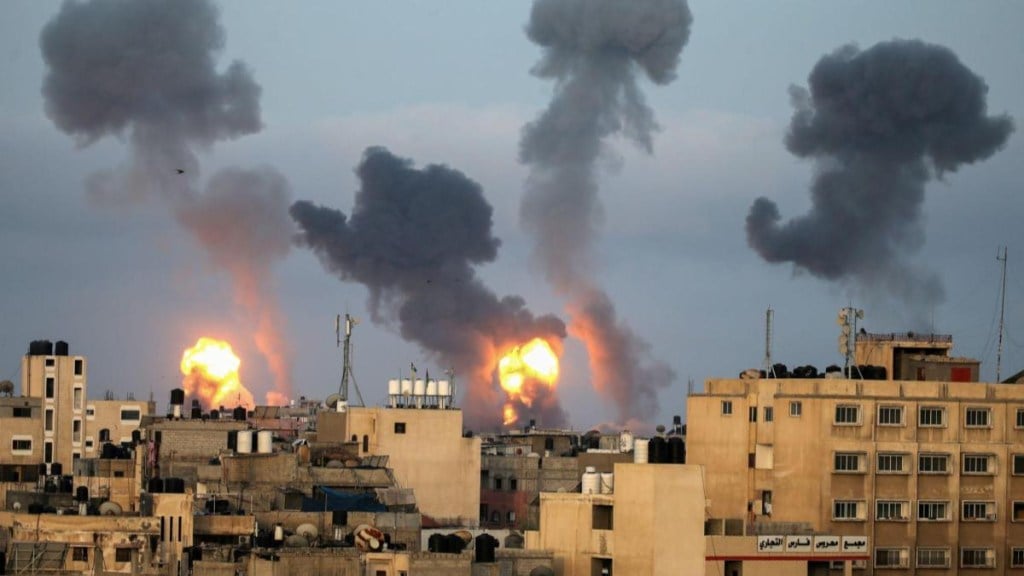The situation in the Middle East has grown increasingly volatile, with significant developments involving various regional actors, including Iran-backed Hezbollah, Israel, Hamas, and the Houthi rebels.
Know all about the current crisis
Hezbollah’s Expanded Operations
The killing of Hezbollah commander Fuad Shukr in an Israeli airstrike has dramatically escalated tensions. The strike occurred in a densely populated area of South Beirut, resulting in civilian casualties, including three women and two children. In response, Iran’s mission to the United Nations suggested that Hezbollah may no longer confine its retaliatory actions to military targets. The group has been engaging in almost daily exchanges of fire with Israeli forces, but the recent events could lead to a broader and more aggressive campaign.
Hamas Leadership Targeted
Further complicating the situation, Ismail Haniyeh, a senior political leader of Hamas, was killed in a targeted operation in Tehran. Although Israel has not officially commented on the incident, it has sparked outrage among Iran-aligned factions. The assassination has been viewed as a serious escalation, prompting calls for revenge from various groups.
Regional Reactions and Military Manoeuvres
In the wake of these events, the leader of Yemen’s Houthi rebels, Abdul Malik al-Huthi, declared a need for a “military response” to what he described as Israel’s “shameless and dangerous” actions. The Houthi rebels, who have been launching drone and missile attacks at shipping in the Red Sea, have pledged to continue their support for Palestinians amid the Gaza conflict.
Meanwhile, the United States has announced plans to bolster its military presence in the Middle East. The Pentagon confirmed the deployment of additional warships and fighter jets to the region to prevent further escalation by Iran or its proxies. This move reflects growing international concerns about the potential for a wider conflict.
Advisory for Indian Nationals and Flight Cancellations
In light of the escalating tensions, the Indian Embassy in Beirut has issued a strong advisory urging Indian nationals to avoid traveling to Lebanon and advising those in the country to leave. Similarly, Indian citizens in Israel have been instructed to remain vigilant and adhere to safety protocols. The advisory underscores the unpredictable and potentially dangerous nature of the situation.
Adding to the concerns, several airlines, including Air India, Delta, Lufthansa, and many others, have cancelled incoming flights to Israel. The cancellations reflect heightened security concerns and the volatile nature of the region, making travel increasingly risky.
Conclusion
The international community, particularly countries with citizens in the region, is closely monitoring the developments, prepared to respond to any further escalations.

